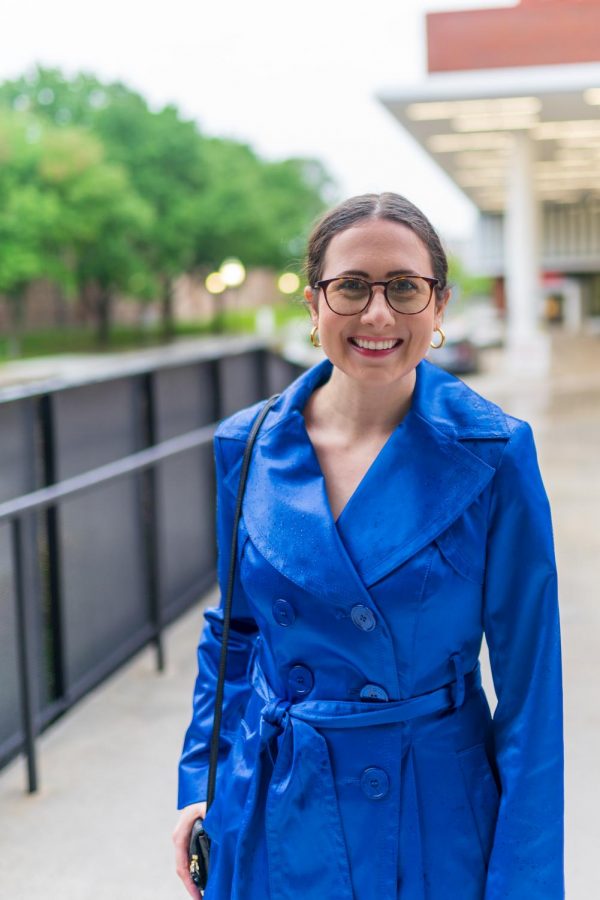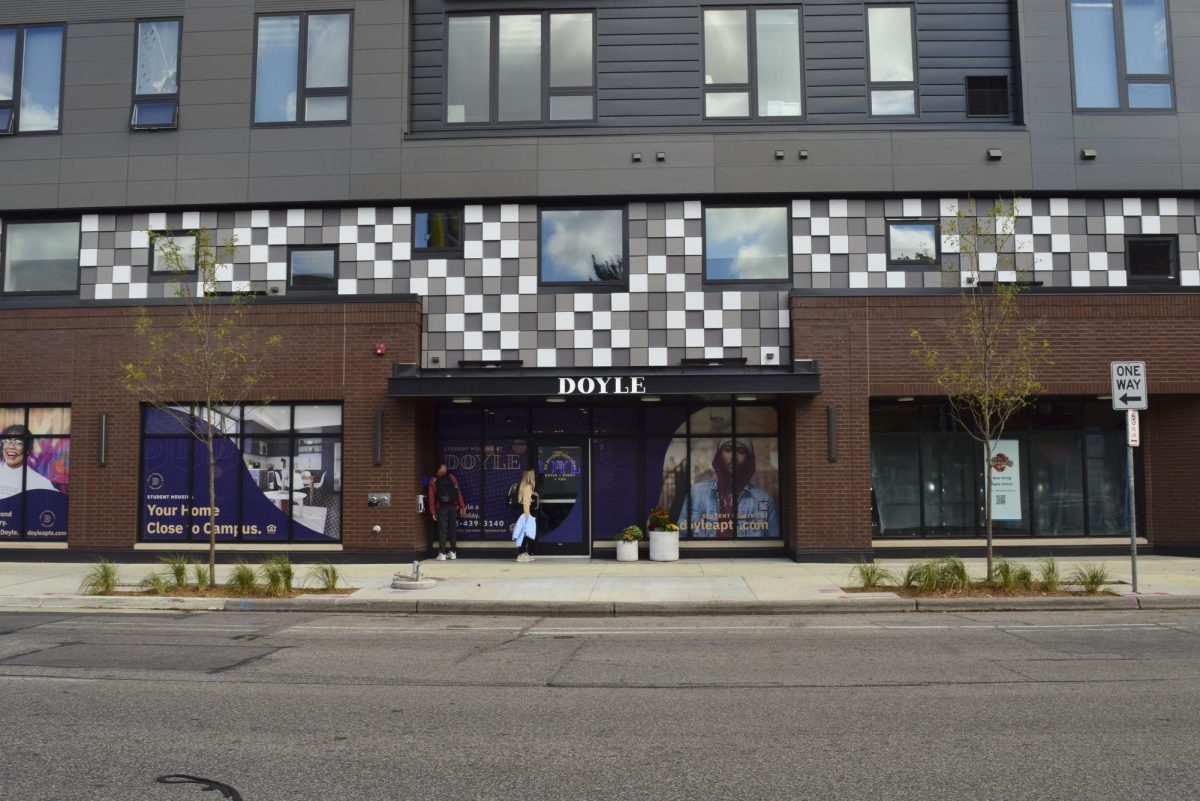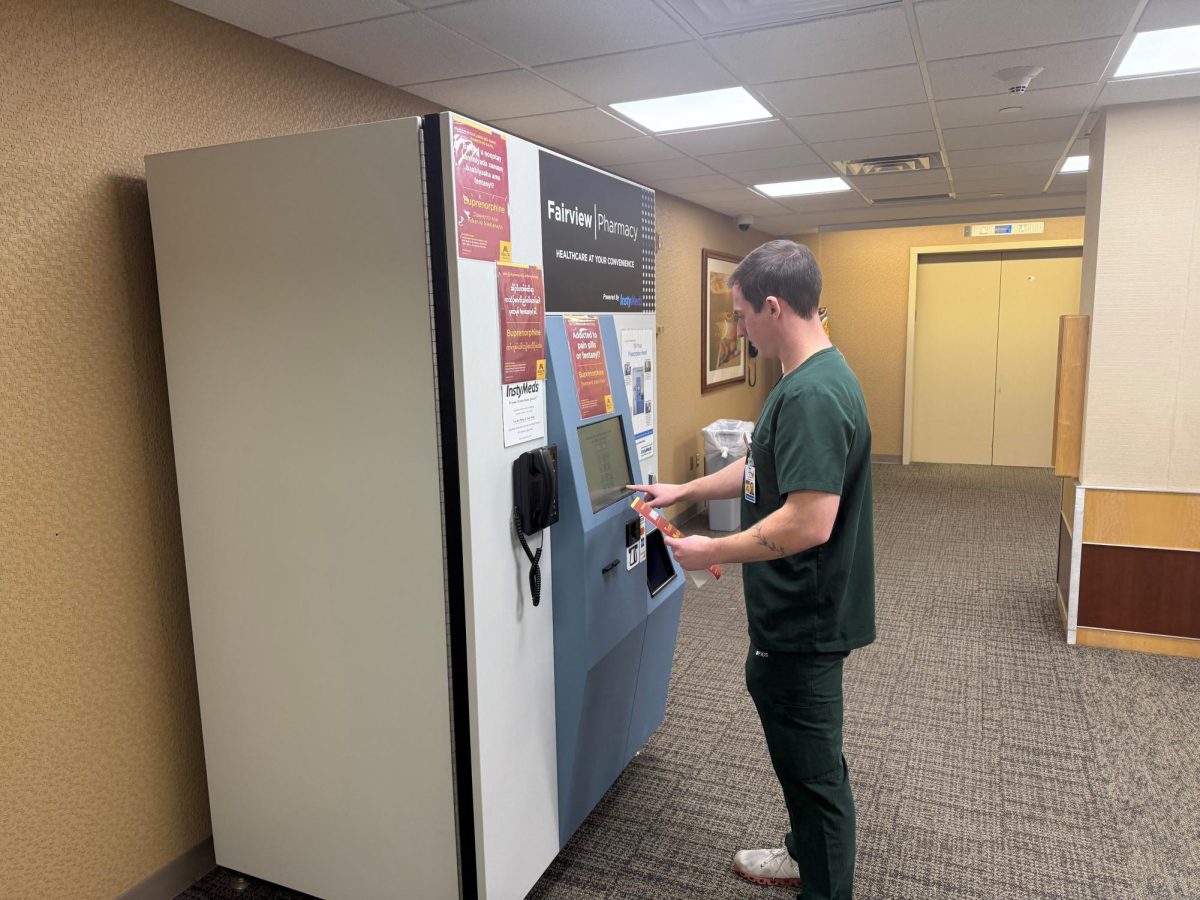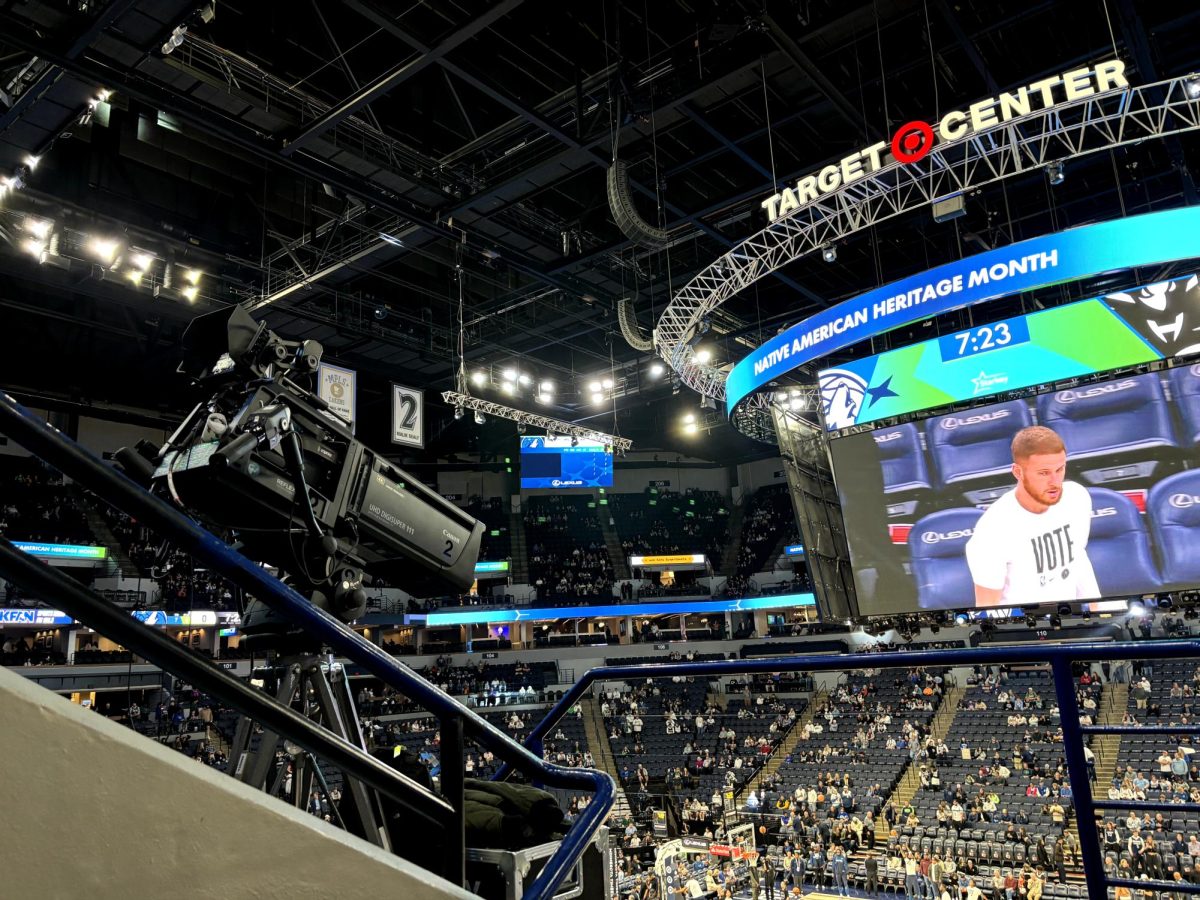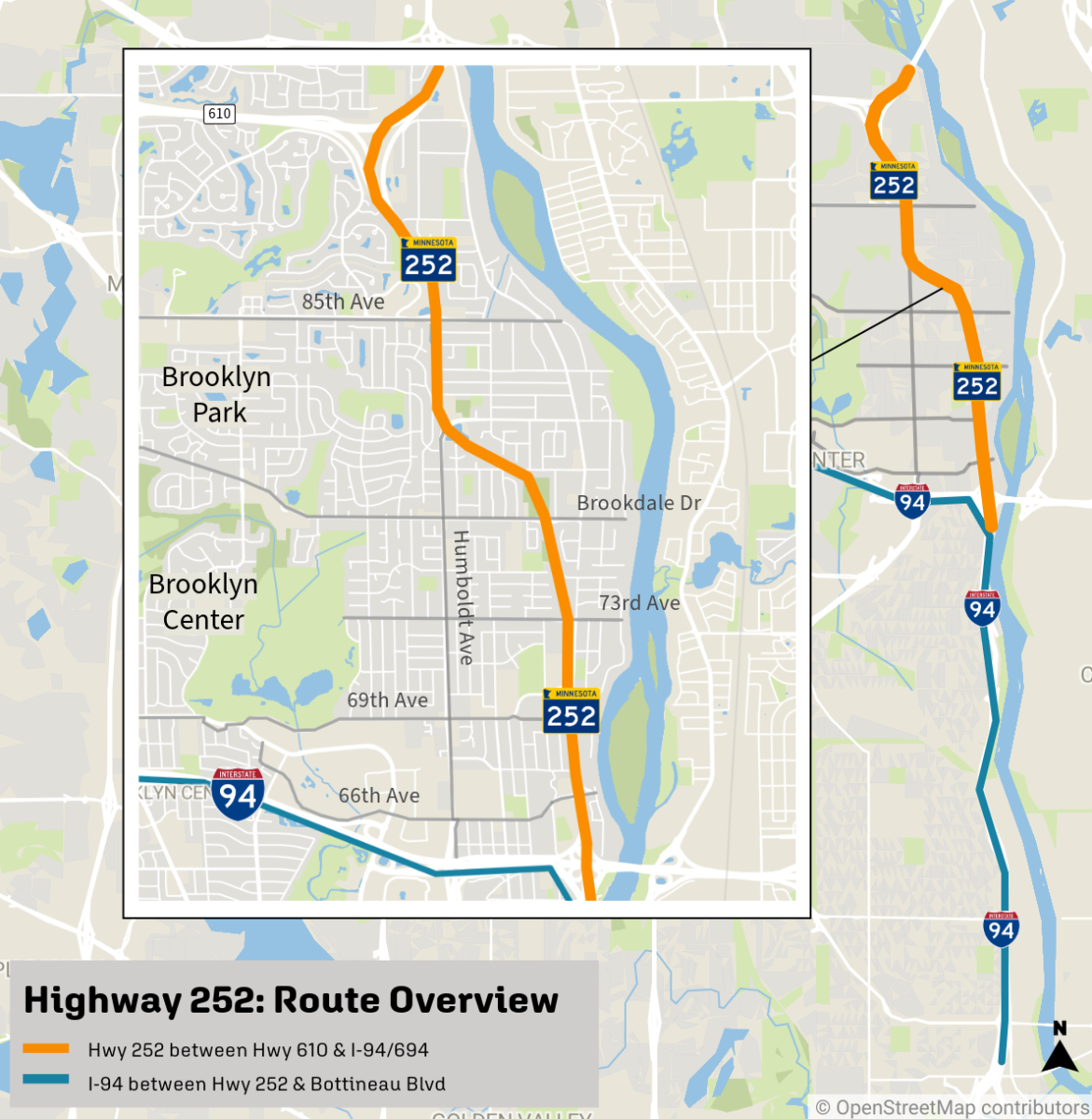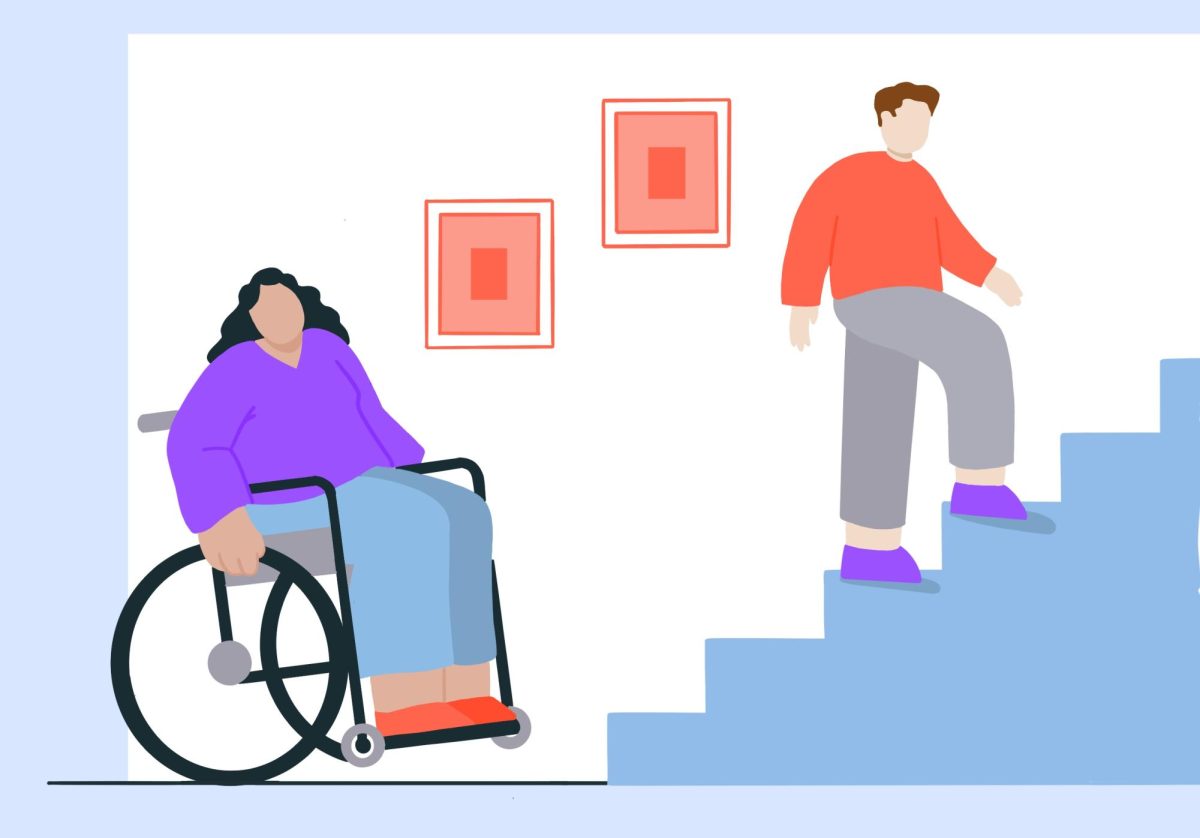The University of Minnesota Medical School made the decision in August to make the Medical College Admissions Test, or MCAT, optional for all applicants due to COVID-related challenges.
The University’s two medical school campuses, Twin Cities and Duluth, offer three different programs that typically require applicants to submit MCAT scores with their applications. Because of the many challenges the COVID-19 pandemic has presented to applicants, the Medical School’s admissions committee plans to take a more holistic approach when reviewing applications than in previous years. The decision applies to all applicants looking to enroll in the Medical School next fall, regardless of when they took the exam.
“We were made aware of the fact that applicants are finding it challenging to prepare for the test with limited to no access to quiet study spaces, concerns about sitting for the test in a closed space with others given personal or family health challenges, difficulty securing testing accommodations, and difficulty with rescheduling their test date due to multiple cancellations,” a statement on the Medical School’s website said.
The Association of American Medical Colleges, the organization that administers the MCAT, announced in May that it would shorten the duration of exams from May 29 until the end of the 2020 testing year to lessen the impact of COVID-19. The test was shortened from 7 hours and 30 minutes to 5 hours and 45 minutes to provide testing to as many students as possible. The number of scored questions on the exam are the same, but to lessen the time of the exam, other components such as the end-of-exam survey have been removed.
Kendra Nordgren, assistant dean of admissions for the Duluth campus Medical School, said she anticipates that few applications will not have an MCAT score, but the admissions committee is fully prepared to offer acceptance in the absence of one.
“This is a really unique opportunity for us to evaluate the contribution of the MCAT to our application to our admissions process,” Nordgren said. “We’ll be able to do some internal review about our own process to try and continue making the best changes and reform possible in our system to bring in and allow accessibility of our program to the best possible candidates.”
Londyn Robinson, a fourth-year medical student, said there is a high correlation between MCAT test scores and the amount of money pre-med students spend to prepare for the exam. She said that if the University is looking for ways to increase diversity among medical school applicants, making the MCAT exam optional is a great start.
“In an email I begged [the admissions committee], and I said this is no longer a standardized exam because none of the other pre-medical students pre-COVID-19 had to deal with any of the problems that the current people that are taking the exam have to deal with,” Robinson said.
Marcus Bell and Dawson Cooper, fourth-year undergraduate students, took the shortened version of the MCAT after it had been rescheduled multiple times due to COVID-19.
Bell said that health is his first priority and commends the University for its “forward-thinking” decision to make the MCAT optional this year.
“As someone who plans on becoming a doctor, I think it’s important for each person to understand their own risk-benefit ratio,” Bell said.
Due to the competitive nature of medical school admissions, Bell said even after knowing the exam was made optional for the University, he would still have taken it. Even though the University is his top choice for medical schools, he said nothing is ever guaranteed, so he had to apply to other schools that have not made the MCAT optional.
Cooper said he thought the University should have made this decision sooner when the pandemic hit. It could have impacted his decision to apply this cycle as opposed to taking a gap year after graduation. However, he said he thinks the decision has opened doors for a lot of other applicants who saw the cost of MCAT preparation materials to be a barrier.
Hallie Vanney graduated from the University’s undergraduate program three years ago and is applying for medical school this cycle. While working full time, Vanney studied for four hours every night for three months to prepare for the MCAT exam she took earlier in the year.
“[My experience] doesn’t really shape my entire opinion at all,” Vanney said. “Honestly, I think that’s why it’s important for the MCAT to be optional because I couldn’t imagine doing all of that work and then not being able to take the test and then that being held against me.”


